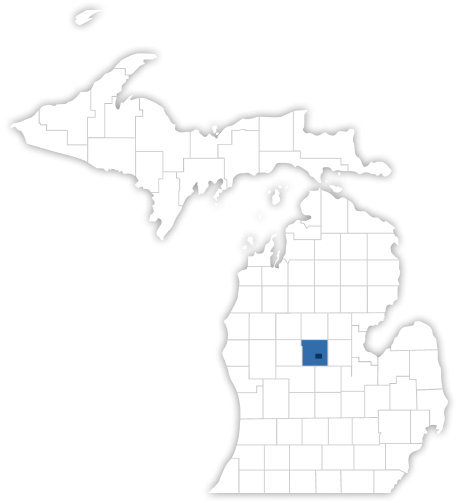Household Income is the total income (taxable and nontaxable) of both spouses or of a single person maintaining a household and
other sources of income for all individuals living in the household.
It is your Adjusted Gross Income (AGI) plus all income exempt or excluded from your AGI. Total household income includes
wages, salaries, tips; net income from a business, rent, or farm; Social Security less the amount deducted for Medicare premiums;
SSI (Supplemental Security Income), DHS (Department of Human Services), and FIP (Family Independence Program) benefits;
child support; alimony; unemployment, workers’ and veterans’ disability compensation; pension benefits; interest income; gifts
and winnings in excess of $300, and other sources of income. Total household income includes gains realized on the sale of your
residence regardless of your age or whether or not these gains are exempt from federal income tax.
Household income does NOT include:
• Federal economic stimulus payments (rebates) issued by the Internal Revenue Service.
• Payments received by participants in the foster grandparent or senior companion program.
• Energy assistance grants.
• Government payments to a third party (e.g., a doctor) Note: If payment is made from money withheld from your benefit, the
payment is part of household income. (For example, the DHS may pay your rent directly to the landlord.)
• Money received from a governmental unit to repair or improve your homestead.
• Surplus food or food stamps.
• State and city income tax refunds and homestead property tax credits.
• Chore service payments (these payments are income to the provider of the service).
• The first $300 from gambling, bingo, lottery, awards, or prizes.
• The first $300 in gifts, cash, or expenses paid on your behalf by a family member or friend.
• Amounts deducted from Social Security or Railroad Retirement benefits for Medicare premiums.
• Life, health, and accident insurance premiums paid by your employer. However, if you pay medical insurance or Health
Maintenance Organization (HMO) premiums for you or your family, you may deduct the cost from household income.
• Loan proceeds.
• Inheritance from a spouse.
• Life insurance benefits from a spouse.
• Payments from a long-term care policy made to a nursing home or other care facility.

